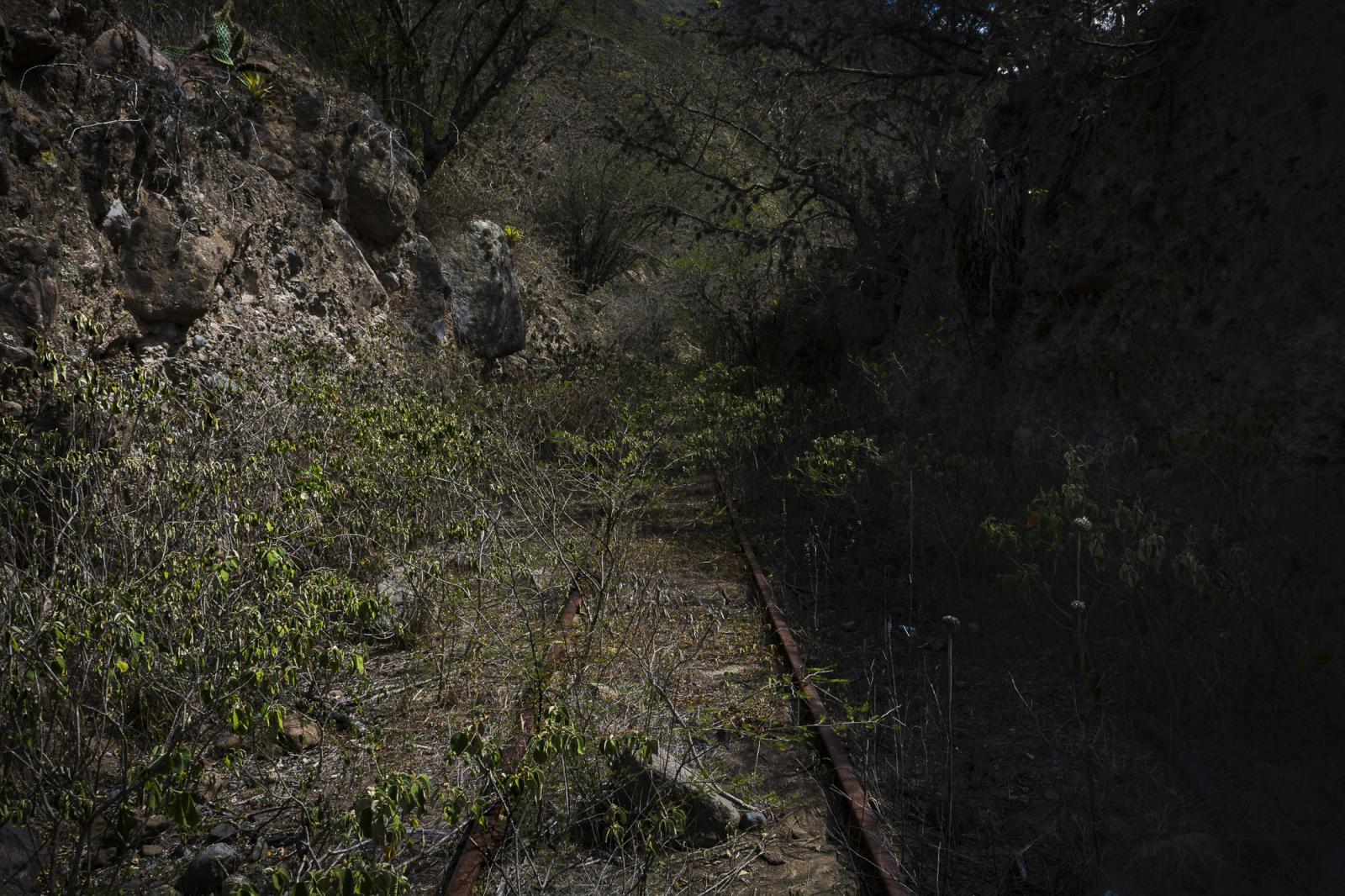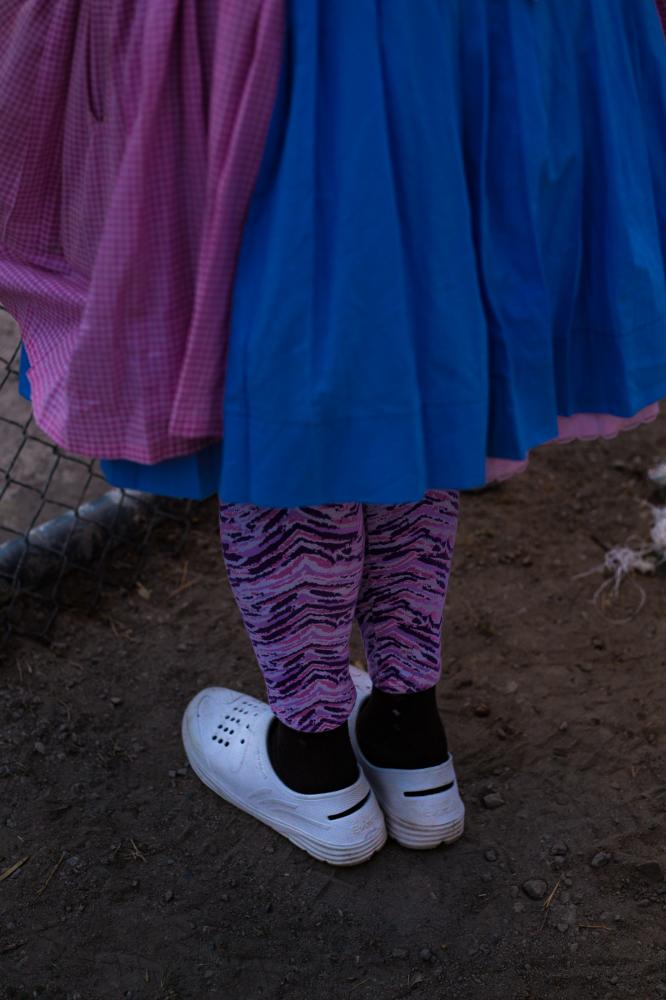Public Project
Carchi Station
Estacion Carchi is an Afro-descendant community that has fighting against the stigma of being considered a "ghost town" for 20 years, when part of the railroad line that used to pass through the town fell down and the train stopped passing, and along with it, the prosperity that it brought to the inhabitants of this town, whose name is due to the passage of the railroad that used to go from the capital of the country to the coast and made the village a stop on its route.
This project explores the sensorial aspect of everyday life as the first resistance of memory, in front of a social fact such as the rural-urban migration of those who inhabited this small village hidden among the arid mountains of northern Ecuador. Resignation and hope are the opposing feelings of every inhabitant, most of them children and old people, who spend their days among memories of past times, but with the firm conviction that those who stay are not the lags of a dying town, even worse a ghost one. They are alive, and their dreams are as real as their needs.
From this context, an emotional mapping and visual evocation of abandonment is made as a sample of the structural marginalization of the Afro people, as well as other peoples and nationalities, and the struggle of these peoples to keep their history and collective memory alive.
>>>>>>>>>>
[ESPAÑOL]
Estación Carchi es una comunidad afrodescendiente que lucha contra el estigma de “pueblo fantasma” desde hace 20 años, cuando parte de la línea férrea que pasaba por el pueblo se cae y el tren deja de pasar, y junto con él la prosperidad que traía a los habitantes de Estación Carchi, cuyo nombre se debe al paso del ferrocarril que iba desde la capital del país hasta la costa y convertía al caserío en una parada de su ruta.
Este proyecto explora lo sensorial de lo cotidiano como primera resistencia de la memoria, frente a un hecho social como la migración campo-ciudad de quienes habitaban este pequeño caserío escondido entre las áridas montañas del norte del Ecuador. La resignación y la esperanza son los sentimientos contrapuestos que atraviesa a cada uno de sus habitantes, la mayoría niños y ancianos, quienes pasan sus días entre recuerdos de tiempos pasados, pero con la firme convicción que quienes se quedan no son los rezagos de un pueblo moribundo, mucho peor de un pueblo fantasma. Ellos están vivos, y sus sueños son tan reales como sus necesidades.
A partir de este contexto se realiza un mapeo emocional y una evocación visual sobre el abandono como muestra de la marginalización estructural al pueblo afro, así como a otros grupos étnicos, y la lucha de estos pueblos por mantener viva su historia y memoria colectiva.
9,348














